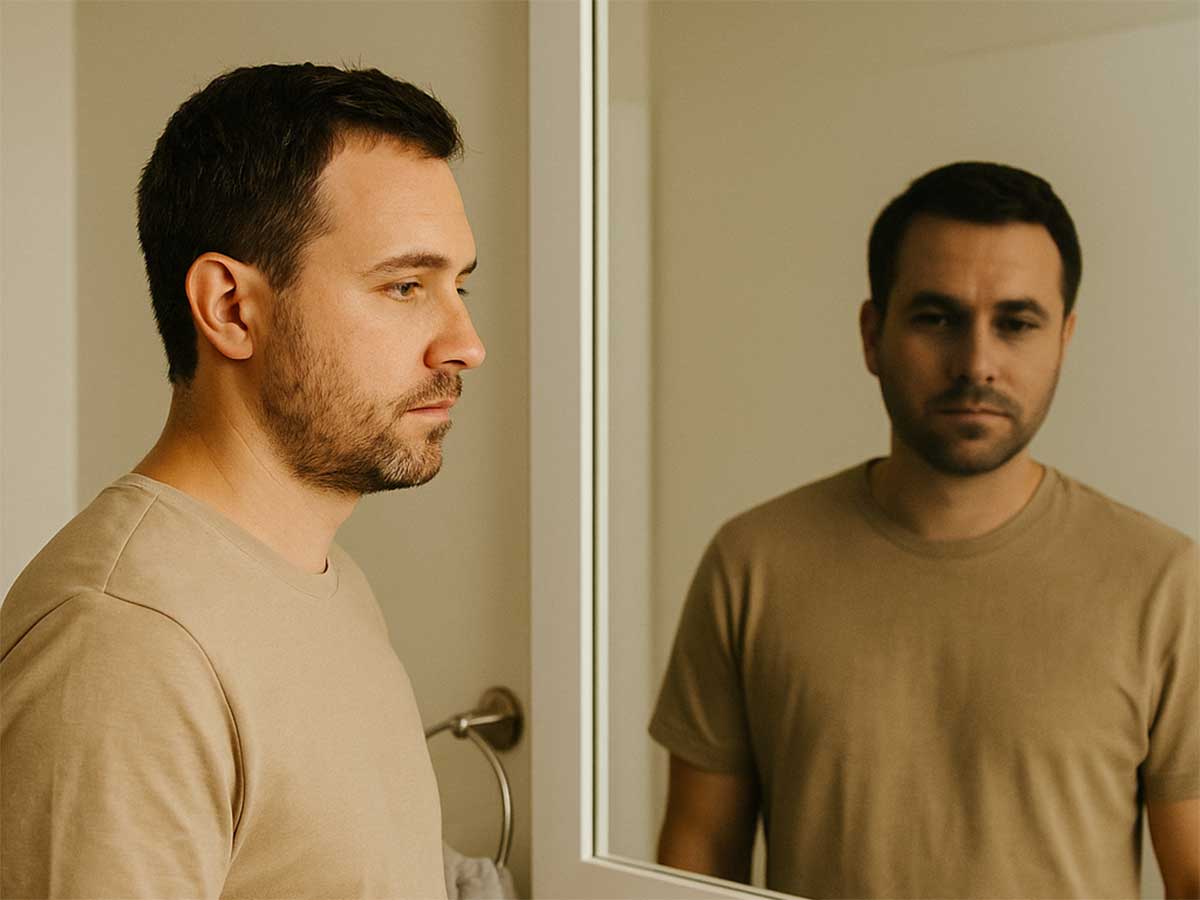Schizophrenia is a severe brain disorder that causes people to misinterpret reality. They have no idea what sights, sounds, and experiences are real or imagined.
What Is Schizophrenia?
Delusions (false beliefs), hallucinations (seeing or hearing things that do not exist), unusual physical behavior, and disorganized thinking and speech are common symptoms of schizophrenia. People suffering from schizophrenia are prone to having paranoid thoughts or hearing voices. For example, they may believe that someone is mind-controlling them or intends to harm them. These psychotic episodes are frequently terrifying, perplexing, and isolating.
Schizophrenia can severely disrupt a person’s life, making it difficult to attend school or work, maintain a schedule, socialize, complete daily tasks, or care for oneself. People with schizophrenia, on the other hand, can manage the disease and live fulfilling lives with consistent treatment—a combination of medication, therapy, and social support.
What Causes Schizophrenia?
Nobody knows what causes schizophrenia, but genetics and brain chemistry are likely to play a role. Millions of Americans suffer from schizophrenia, and for a variety of reasons, people may not seek treatment when they first experience symptoms and episodes. They may be unaware that they are ill, or they may be embarrassed to be diagnosed with a serious mental illness.
Signs and Symptoms of Schizophrenia
Millions of Americans are affected by schizophrenia, which typically begins between the ages of 16 and 30. Symptoms typically appear in men in their late teens and early twenties, and in women in their mid-twenties to early thirties.
Schizophrenia symptoms differ from person to person and may change over time. Some people have only one psychotic episode in their lives, while others have many. When people first experience symptoms and episodes, they may not seek treatment for a variety of reasons, including denial that they are sick, embarrassment at being labeled with a serious mental illness, or ignorance that they are exhibiting signs and symptoms of schizophrenia. During a severe episode, hospitalization may be required to ensure a person’s safety, proper nutrition, adequate sleep, and other factors.
People with schizophrenia can experience:
-
- False beliefs that cannot be changed, even when presented with facts (delusions).
-
- Seeing or hearing nonexistent things, such as a voice issuing commands (hallucinations).
-
- The belief that others can read or control one’s mind.
-
- Disorganized thinking and speech, such as jumping from one thought to the next without making a logical connection, or speaking in sentences that make no sense to others.
-
- Difficulties speaking and expressing emotions, as well as difficulties with attention, memory, and organization.
-
- Disorganized or abnormal physical behavior, such as inappropriate, repetitive, excessive, or strange actions, or a complete lack of movement or speech.
-
- A diminished ability to function normally, such as ignoring personal hygiene or not expressing emotion.
Treatment Options
Schizophrenia patients must be treated for the rest of their lives. However, the earlier they begin treatment, the better their chances of recovery and improved quality of life. Medication and therapy can help people with schizophrenia manage their symptoms, and in many cases, people with schizophrenia can pursue their goals, maintain healthy relationships, work, and be productive members of their communities.
Medication
Antipsychotic medications help control symptoms, making them less intrusive and upsetting. A psychiatrist may need to try various medications at various doses before determining the most effective medication with the fewest side effects. It may take several weeks before you notice an improvement in your symptoms. Electroconvulsive therapy (ECT) may be an option for people who do not respond to medication. To alleviate the symptoms of schizophrenia, this brain stimulation technique sends small electric currents through the brain.
Therapy
In addition to medication, therapy provides guidance and support to people with schizophrenia and their families:
-
- Individual therapy (“talk therapy”) assists people in normalizing thought patterns, recognizing early warning signs of relapse, and dealing with stress.
-
- Family therapy provides families dealing with schizophrenia with support, insight, and awareness.
What You Can Do: Daily Habits that Make a Difference
These strategies can help ease the challenges of schizophrenia once medication and therapy have begun to work:
-
- Maintain your focus on your treatment objectives. Tell family and friends about your goals so they can support you.
-
- Maintain your treatment plan. Even if your symptoms improve, it is critical that you continue to attend therapy and take your medication as prescribed. To remember to take medications, use a medication calendar or a weekly pillbox.
-
- Understand your warning signs. Make a plan to deal with symptoms as they arise so that you can get the appropriate help as soon as possible.
-
- Look after yourself. Your physical health is also an important aspect of feeling good. Consume nutritious foods, exercise regularly, and get enough sleep.
-
- Incorporate relaxation and stress-reduction techniques into your daily routine. Regularly practicing activities such as meditation or tai chi can help reduce stress and prevent an episode from occurring.
-
- Participate in a support group. Share your experiences and advice with others who understand what you are going through. It is helpful to connect with – and learn from – others with schizophrenia.
-
- Become knowledgeable about schizophrenia, both for yourself and others. Learning about the illness can help you stick to your treatment plan and make your loved ones more supportive and compassionate.
-
- Inquire about social services. These services assist with finding affordable housing, finding work, getting around, and other daily activities.
At Into the Light, we believe that everyone deserves the best possible treatment. Our team of experienced professionals is dedicated to providing individualized care that meets each client’s specific needs. We offer various treatment options, including medication, therapy, and support groups. We also offer educational workshops and online resources.
We understand that the journey to recovery can be challenging, but we are here to support you every step of the way. We will work with you to develop a personalized treatment plan that meets your individual needs. We will also provide you with the support you need to overcome any challenges you may face.




